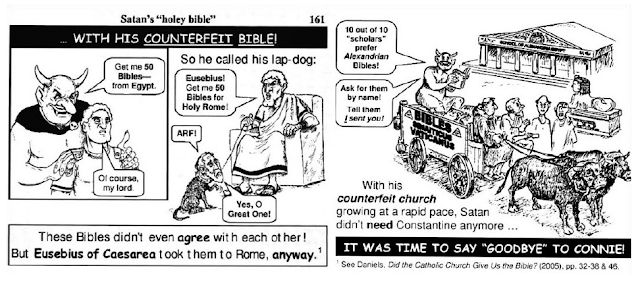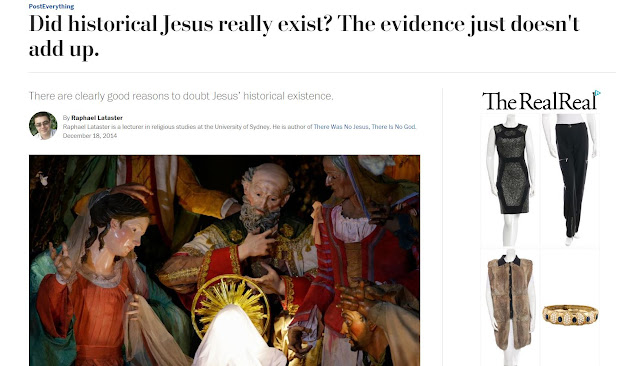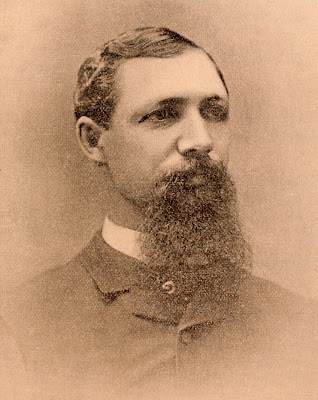Kepler's Argument for Intelligent Design Based on His Wife's Salad

Johannes Kepler The story of Kepler’s wife’s salad as told by Richard Wurmbrand: “It is said that a scientist, coming home from his laboratory, was called to supper by his wife. A salad was set before him. Being an atheist, he said, “If leaves of lettuce, grains of salt, drops of vinegar and oil, and slices of eggs had been floating about in the air from all eternity, it might at last happen by chance that there would come a salad.” “Yes,” answered his wife, “but not so nice and well-dressed as mine.” [1] _____ Although Wurmbrand doesn’t say so, the story actually is told by Johannes Kepler, who wasn’t an atheist, [2] as something that actually happened to him. He tells it his in connection with the sudden appearance of a supernova in the foot of constellation Ophiuchus (Serpent-Handler). Following is an English translation of the Kepler's story followed by the original Latin text from his collected works: “I will tell those disputants, my opponents, n



